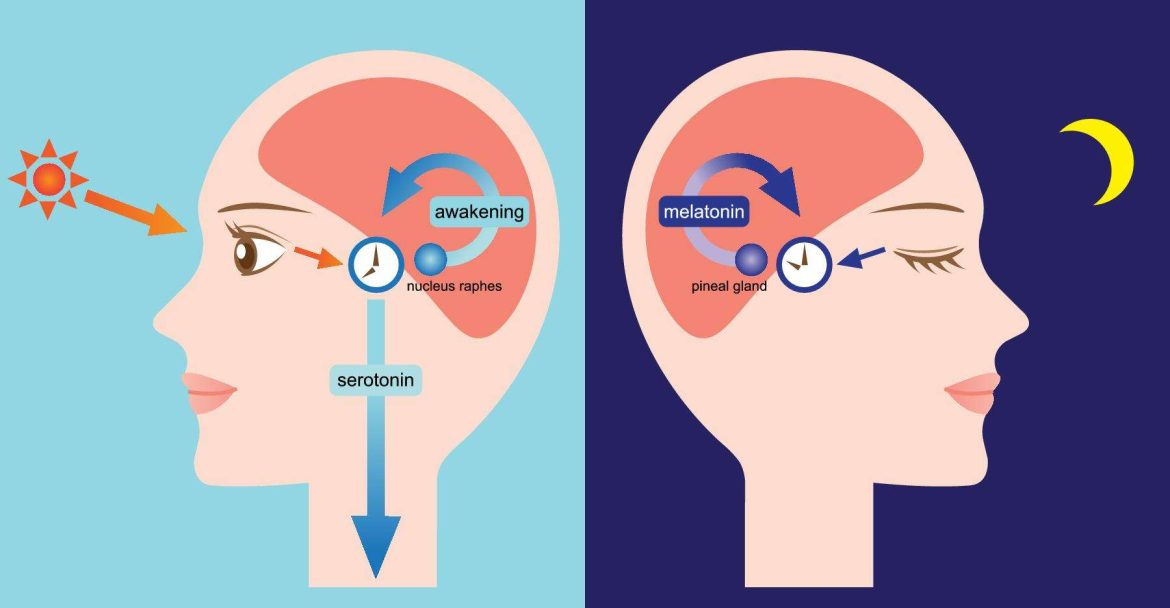Sleep arrhythmia is a term that encompasses various types of irregular heartbeats that occur during sleep. These irregularities can range from benign, non-life-threatening variations to severe disturbances that require medical attention.
Understanding sleep arrhythmia involves exploring the different types of arrhythmias, their causes, symptoms, diagnostic methods, and treatment options.
What Is Sleep Arrhythmia
Sleep arrhythmia refers to any disturbance in the heart’s rhythm that occurs specifically during sleep. The heart relies on a precise electrical conduction system to maintain a consistent and efficient heartbeat. When this system is disrupted, it can result in arrhythmias, which are categorized by their speed (too fast, too slow) or their regularity (irregular beats).
SEE ALSO: What Arrhythmia Is Adenosine Used For?
Types of Sleep Arrhythmia
Bradyarrhythmias: These are characterized by a slow heart rate, typically less than 60 beats per minute. They are common in athletes and during sleep, but when excessively slow, they can cause symptoms such as dizziness and fatigue.
Tachyarrhythmias: These involve a fast heart rate, usually over 100 beats per minute. They can be categorized into supraventricular tachycardia (SVT) and ventricular tachycardia (VT), depending on their origin within the heart.
Atrial Fibrillation (AFib): AFib is an irregular and often rapid heart rate originating from the atria. It can lead to stroke and other complications if not managed properly.
Ventricular Fibrillation (VFib): VFib is a severe arrhythmia that originates in the ventricles. It is life-threatening and requires immediate medical intervention.
Premature Beats: These include premature atrial contractions (PACs) and premature ventricular contractions (PVCs), which are early beats originating from the atria or ventricles, respectively.
Causes of Sleep Arrhythmia
Sleep arrhythmias can be caused by a variety of factors, often interrelated and multifactorial:
Obstructive Sleep Apnea (OSA): One of the most common causes of sleep arrhythmias, OSA is characterized by repeated episodes of partial or complete upper airway obstruction during sleep. This results in intermittent hypoxia and fragmented sleep, which can trigger arrhythmias.
Autonomic Nervous System Dysfunction: The autonomic nervous system controls involuntary bodily functions, including heart rate.
During sleep, especially during rapid eye movement (REM) sleep, variations in autonomic tone can lead to arrhythmias.
Electrolyte Imbalances: Imbalances in electrolytes such as potassium, calcium, and magnesium can affect the electrical activity of the heart and lead to arrhythmias.
Heart Disease: Conditions like coronary artery disease, heart failure, and cardiomyopathies can predispose individuals to arrhythmias.
Medications: Certain medications, particularly those affecting the cardiovascular or nervous systems, can induce arrhythmias.
Genetic Predisposition: Some individuals may have a genetic susceptibility to arrhythmias, which can be exacerbated during sleep.
Symptoms of Sleep Arrhythmia
The symptoms of sleep arrhythmias can vary widely depending on the type and severity of the arrhythmia. Common symptoms include:
Palpitations: A sensation of a fluttering or pounding heart, which can wake individuals from sleep.
Shortness of Breath: Difficulty breathing or a feeling of breathlessness during sleep.
Chest Pain: Discomfort or pain in the chest, which can be alarming and indicative of a serious arrhythmia.
Dizziness or Lightheadedness: Feeling faint or dizzy, which can be caused by a drop in blood pressure due to an arrhythmia.
Fatigue: Excessive tiredness, especially if the arrhythmia leads to poor sleep quality.
Diagnosing Sleep Arrhythmia
Diagnosing sleep arrhythmias involves a combination of patient history, physical examination, and specialized tests:
Electrocardiogram (ECG): A basic test that records the electrical activity of the heart and can identify many types of arrhythmias.
Holter Monitor: A portable ECG device worn for 24-48 hours to monitor heart rhythm over an extended period.
Event Monitor: Similar to a Holter monitor but used for longer periods, often several weeks, to capture intermittent arrhythmias.
Sleep Study (Polysomnography): A comprehensive test that monitors various physiological parameters during sleep, including heart rate and rhythm, to diagnose conditions like OSA and associated arrhythmias.
Echocardiogram: An ultrasound of the heart that can assess structural and functional abnormalities that may predispose to arrhythmias.
Electrophysiological Study (EPS): An invasive test that maps the electrical activity of the heart and can pinpoint the origin of arrhythmias.
Treatment of Sleep Arrhythmia
The treatment of sleep arrhythmias depends on the underlying cause, type of arrhythmia, and the severity of symptoms.
Treatment options include:
Lifestyle Modifications: These include weight loss, regular exercise, and avoiding stimulants such as caffeine and alcohol, which can trigger arrhythmias.
Treatment of Obstructive Sleep Apnea: Using continuous positive airway pressure (CPAP) therapy to manage OSA can significantly reduce the incidence of sleep arrhythmias.
Medications: Antiarrhythmic drugs, beta-blockers, and calcium channel blockers can help control heart rate and rhythm.
Blood thinners may be prescribed to reduce the risk of stroke in conditions like AFib.
Ablation Therapy: A procedure that uses catheters to destroy small areas of heart tissue that cause arrhythmias.
Implantable Devices: Pacemakers can help manage bradyarrhythmias, while implantable cardioverter-defibrillators (ICDs) can prevent sudden death from severe arrhythmias like VFib.
Surgical Intervention: In some cases, surgery may be necessary to correct structural heart problems contributing to arrhythmias.
Conclusion
Sleep arrhythmias are a significant concern due to their potential to disrupt sleep and cause serious health problems.
Understanding the types, causes, symptoms, diagnostic methods, and treatment options is crucial for managing these conditions effectively. If you suspect you have a sleep arrhythmia, it is important to seek medical advice and undergo appropriate testing and treatment to ensure optimal heart health and overall well-being.

